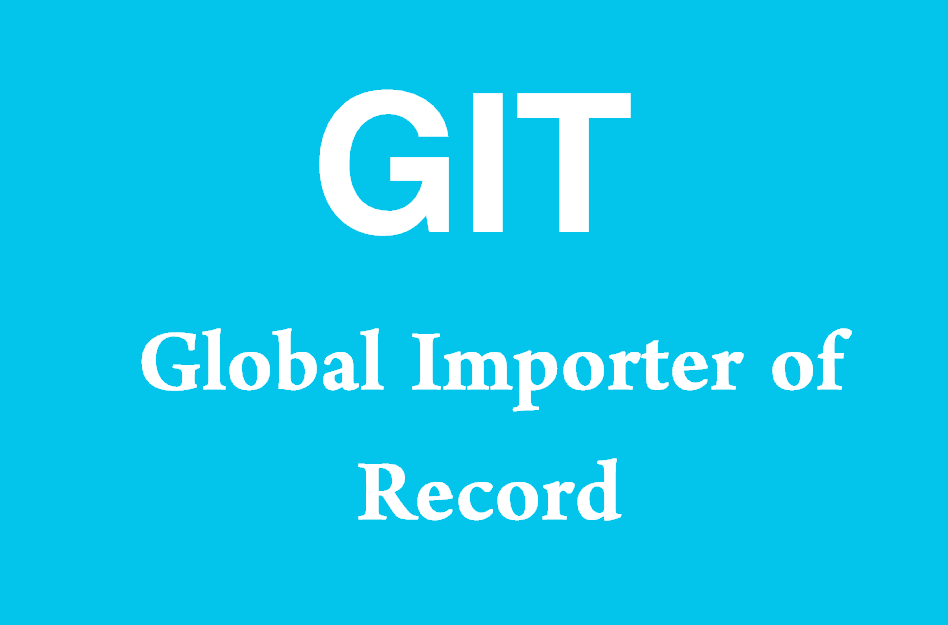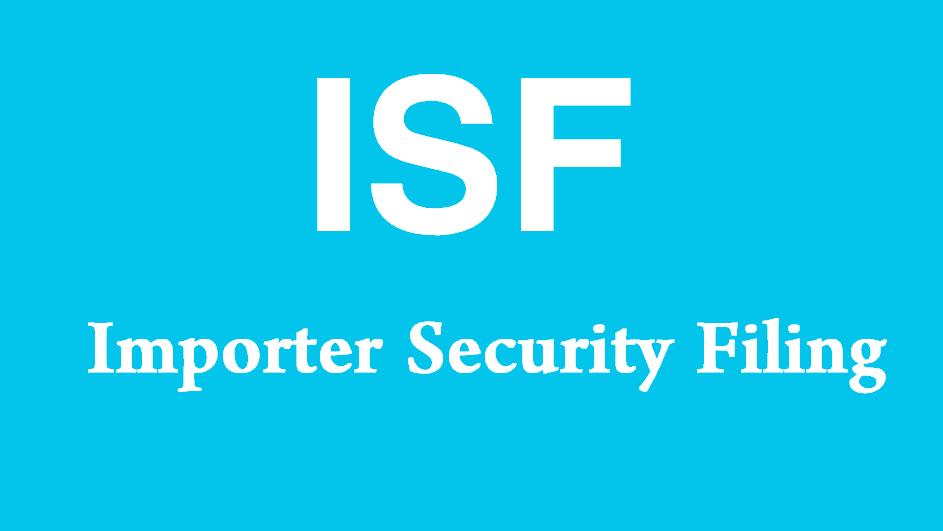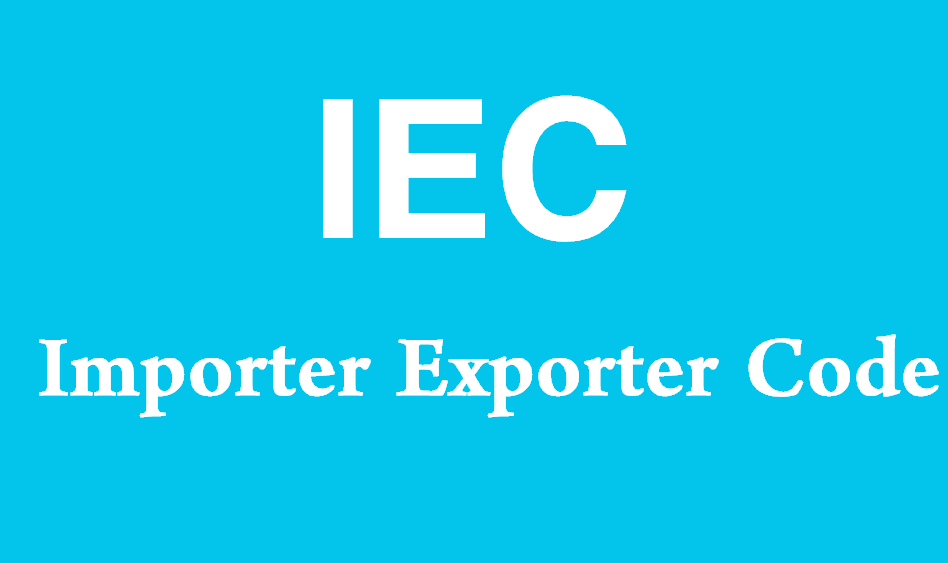What does GIT stand for?
GIT stands for Global Importer of Record. This term is used to describe a legal entity responsible for ensuring that imported goods comply with local laws and regulations in the destination country. The Global Importer of Record handles various aspects of the import process, including documentation, customs clearance, and payment of duties and taxes, thereby ensuring that the goods are legally imported and can be delivered to the end customer without issues.

Comprehensive Explanation of Global Importer of Record
Definition and Role
The Global Importer of Record (GIT) is a critical entity in international trade, acting as the official party responsible for ensuring that imported goods comply with all relevant laws and regulations in the destination country. This role involves several key responsibilities:
- Compliance with Local Regulations: Ensuring that all goods meet the legal and regulatory requirements of the importing country.
- Customs Documentation: Preparing and submitting all necessary paperwork to facilitate customs clearance.
- Payment of Duties and Taxes: Calculating and paying all applicable import duties, taxes, and fees.
- Product Classification: Properly classifying goods according to the Harmonized System (HS) codes.
- Record Keeping: Maintaining accurate records of all import transactions for compliance and auditing purposes.
Historical Context
The concept of an Importer of Record has evolved with the growth of global trade. Historically, the responsibility for compliance and customs clearance fell on the buyer or recipient of goods. However, as supply chains have become more complex and international trade regulations more stringent, the need for a dedicated entity to handle these responsibilities has become apparent. This has led to the establishment of the Global Importer of Record as a specialized service provider.
Responsibilities and Duties
Legal Compliance
The GIT ensures that all imported goods comply with the destination country’s laws and regulations. This includes:
- Regulatory Compliance: Adhering to product standards, safety regulations, and import restrictions.
- Documentation: Providing accurate and complete documentation, such as commercial invoices, packing lists, and certificates of origin.
Customs Clearance
Efficient customs clearance is a core responsibility of the GIT:
- HS Code Classification: Correctly classifying goods using the Harmonized System to determine duties and taxes.
- Customs Declarations: Filing customs declarations with the relevant authorities.
- Duty Payments: Calculating and paying all applicable duties, taxes, and fees.
Record Keeping and Reporting
Maintaining comprehensive records of all import transactions is essential:
- Transaction Records: Keeping detailed records of all import transactions, including documentation and payment receipts.
- Audit Support: Providing support during customs audits by furnishing required records and documentation.
Benefits of Using a GIT
Streamlined Import Process
Using a GIT simplifies the import process by centralizing responsibilities with a knowledgeable entity. This leads to:
- Efficiency: Faster and more efficient customs clearance.
- Accuracy: Reduced risk of errors in documentation and classification.
Risk Mitigation
A GIT helps mitigate risks associated with international trade:
- Compliance Risk: Ensures compliance with all regulations, reducing the risk of penalties and fines.
- Financial Risk: Accurate duty and tax calculations prevent unexpected costs.
Focus on Core Business
Outsourcing the responsibilities of the Importer of Record allows businesses to focus on their core activities:
- Operational Efficiency: Frees up resources to focus on production, marketing, and sales.
- Expertise: Leverages the expertise of the GIT in navigating complex import regulations.
Challenges and Considerations
Cost Implications
While using a GIT offers many benefits, it also involves costs:
- Service Fees: Fees charged by the GIT for their services.
- Duty and Tax Payments: Outlays for duties, taxes, and fees which must be accurately budgeted.
Selection of a GIT
Choosing the right GIT is crucial for ensuring compliance and efficiency:
- Reputation and Reliability: Assessing the reputation and reliability of the GIT.
- Expertise: Ensuring the GIT has expertise in the relevant industry and destination countries.
Regulatory Framework
International Trade Agreements
Understanding international trade agreements and their impact on imports is vital for a GIT:
- Free Trade Agreements (FTAs): Agreements that reduce or eliminate tariffs between member countries.
- World Trade Organization (WTO) Rules: Regulations that govern international trade.
Country-Specific Regulations
Each country has unique import regulations that the GIT must navigate:
- Tariff Codes: Specific codes for different types of goods.
- Import Licenses: Requirements for licenses or permits for certain products.
Future Trends
Digital Transformation
The future of the Global Importer of Record is likely to be shaped by digital transformation:
- Blockchain Technology: Enhancing transparency and traceability in the supply chain.
- Artificial Intelligence (AI): Improving accuracy in documentation and classification through AI-driven tools.
Regulatory Changes
Staying ahead of regulatory changes is crucial for the GIT:
- Evolving Standards: Adapting to new product standards and safety regulations.
- Trade Policies: Navigating shifts in trade policies and agreements.
Notes to Importers
Understanding the Role of GIT
For importers, understanding the role of the Global Importer of Record is essential for smooth international trade operations. Importers need to recognize the importance of compliance, accurate documentation, and efficient customs clearance in ensuring the successful importation of goods.
Strategic Planning
Importers should strategically plan their use of a GIT:
- Market Analysis: Assessing the demand for imported goods and the regulatory environment in target markets.
- Cost-Benefit Analysis: Evaluating the costs of using a GIT against the benefits of compliance and efficiency.
Risk Management
Effective risk management is crucial for importers:
- Regulatory Risks: Staying informed about changes in import regulations and adapting accordingly.
- Financial Risks: Ensuring accurate duty and tax calculations to avoid unexpected costs.
Compliance and Documentation
Importers must ensure that all documentation is accurate and complete:
- Customs Declarations: Filing accurate customs declarations to avoid delays and penalties.
- Record Keeping: Maintaining comprehensive records for compliance and audit purposes.
Sample Sentences Using GIT
- “The GIT ensures that all imported goods comply with the local regulations, streamlining the customs clearance process.”
- Meaning: The Global Importer of Record is responsible for ensuring regulatory compliance and facilitating customs clearance.
- “By using a GIT, the company was able to focus on its core business activities without worrying about import regulations.”
- Meaning: Utilizing a Global Importer of Record allowed the company to concentrate on its primary operations.
- “The GIT handled all the necessary documentation and duty payments, ensuring a smooth import process.”
- Meaning: The Global Importer of Record took care of the paperwork and financial obligations for importing goods.
- “Choosing a reliable GIT is crucial for avoiding compliance issues and delays at the border.”
- Meaning: Selecting a dependable Global Importer of Record helps prevent regulatory problems and customs delays.
- “The GIT provided valuable expertise in navigating the complex import regulations of the destination country.”
- Meaning: The Global Importer of Record offered essential knowledge for dealing with intricate import rules.
Other Meanings of GIT
| Acronym | Full Form | Description |
|---|---|---|
| GIT | Git | A distributed version control system for tracking changes in source code during software development. |
| GIT | Gastrointestinal Tract | The part of the digestive system that includes the stomach and intestines. |
| GIT | Geospatial Intelligence | Intelligence about human activity on Earth derived from the analysis of imagery and geospatial information. |
| GIT | Graduate Institute of Technology | An advanced educational institution focusing on technology and engineering studies. |
| GIT | Global Information Technology | The industry and practice of managing and processing information on a global scale. |
| GIT | Green IT | Practices and technologies aimed at reducing the environmental impact of information technology. |
| GIT | General Issue Tracker | A tool or system used to track and manage issues or bugs in software development. |
| GIT | Government Information Technology | IT systems and services used by government agencies to manage data and operations. |
| GIT | Global Integration Test | Testing that ensures different systems and components work together globally. |
| GIT | Grand Institute of Technology | A fictional or hypothetical prestigious institute for advanced technological research. |
| GIT | Geographic Information Tool | A software application used for mapping and analyzing geographic data. |
| GIT | General Inventory Tracking | Systems used to track inventory levels, orders, and deliveries. |
| GIT | Group Interaction Therapy | A type of therapy involving interaction and communication within a group setting. |
| GIT | Graphical Interface Toolkit | A set of tools used to create graphical user interfaces for software applications. |
| GIT | Generalized Information Theory | A theoretical framework for understanding and managing information across various domains. |
| GIT | General Internal Transfer | The process of moving goods or information within an organization. |
| GIT | Global Internet Traffic | The flow of data across the global internet infrastructure. |
| GIT | Government Income Tax | Taxes levied by a government on individual or corporate income. |
| GIT | Group Investment Trust | A financial entity that pools funds from multiple investors to invest in securities. |
| GIT | Global Innovation Team | A team within an organization dedicated to driving innovation on a global scale. |



